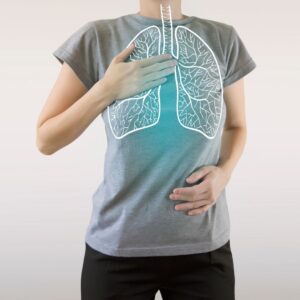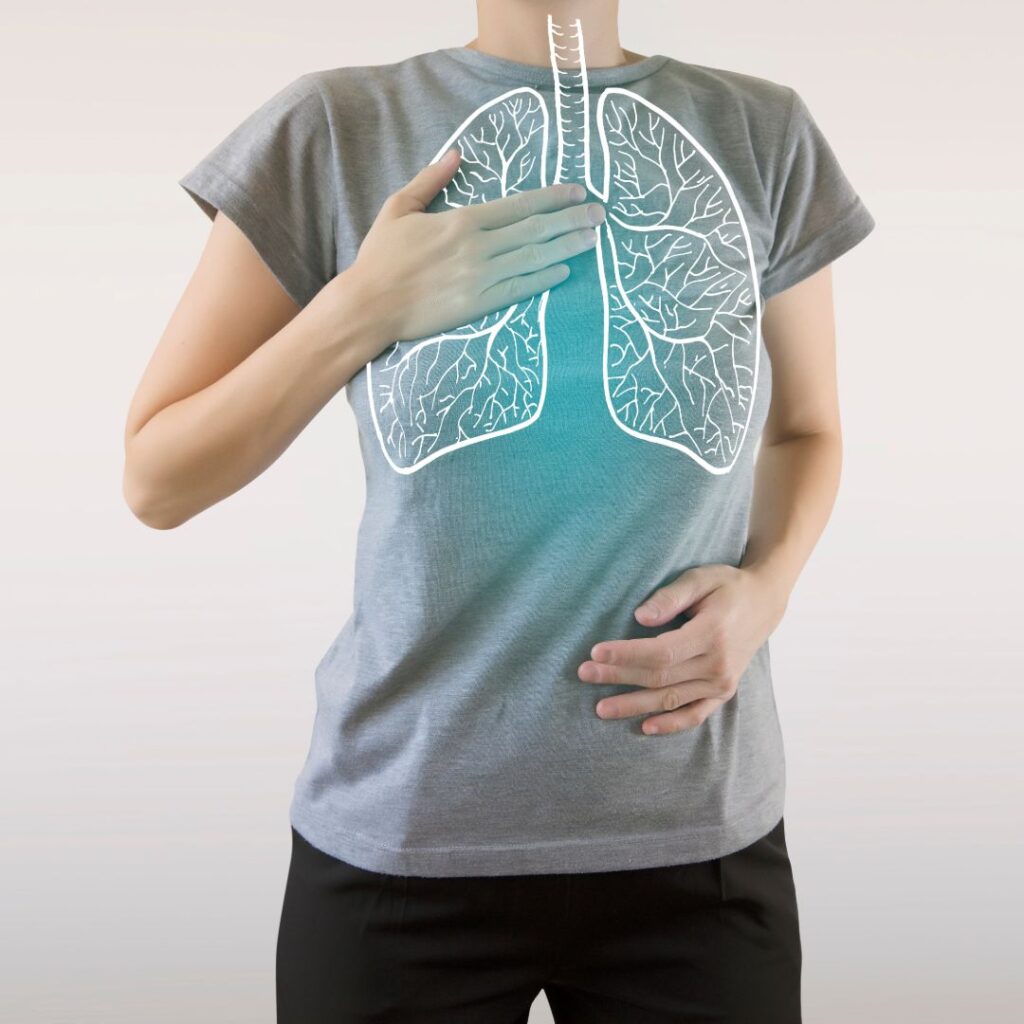
Generally speaking, the warmer months don’t tend to cause much upset for people with conditions like bronchitis, COPD, and asthma, especially if we get some humidity to go along with the heat. In the fall and winter, the air doesn’t just get colder, it gets dryer. When the air dries, so does the respiratory tract. This can result in coughing, wheezing, throat irritation, and shortness of breath. Here, we look at why cold weather may affect respiratory disorders and what you can do to manage.
Why Does Cold Air Irritate Respiratory Disorders?
The linings of our nasal passages, sinuses, and respiratory tract are moist with natural lubrication. Breathing in relatively humid air, these linings are maintained. Breathing in dry air, the fluid layer on the linings evaporates more quickly. The evaporation of fluid from respiratory linings could occur faster than moisture can be replaced, resulting in unpleasant symptoms. When the weather becomes colder, the body may also produce more mucus than normal. Mucus is part of what forms that fluid layer within the respiratory tract. However, the drier and colder the air, the thicker and stickier the mucus may be. As a result of thicker mucus, there is a greater chance of congestion as well as the flu or other infections.
Tips For Cold Weather Respiratory Health
If you have a diagnosed respiratory condition, you may benefit from a few extra precautions through the coming months. These include:
- Wear your scarf over your mouth and nose when outdoors. Your scarf needn’t just be for your neck. It can also warm the air before you breathe it into your lungs. Warmer air has more moisture so is less likely to cause irritation.
- Avoid mouth breathing. When we breathe in through the nose, air is warmed and moistened by our blood vessels. The mouth has no structures that do this. Mouth-breathing sends dry, cold air straight to the throat and the rest of the respiratory system.
- Take exercise indoors. It’s pretty difficult to avoid mouth-breathing when the heart rate is pumping. Keeping the cardio and other physical activities inside, there is less of a chance of dry air irritating the throat.
Respiratory disorders like COPD, asthma, lung disease, and pulmonary hypertension can be challenging to manage. We are proud to assist our patients and equip them to successfully manage their respiratory health throughout the year. To schedule a consultation, contact our NYC practice at 212-480-4062.

